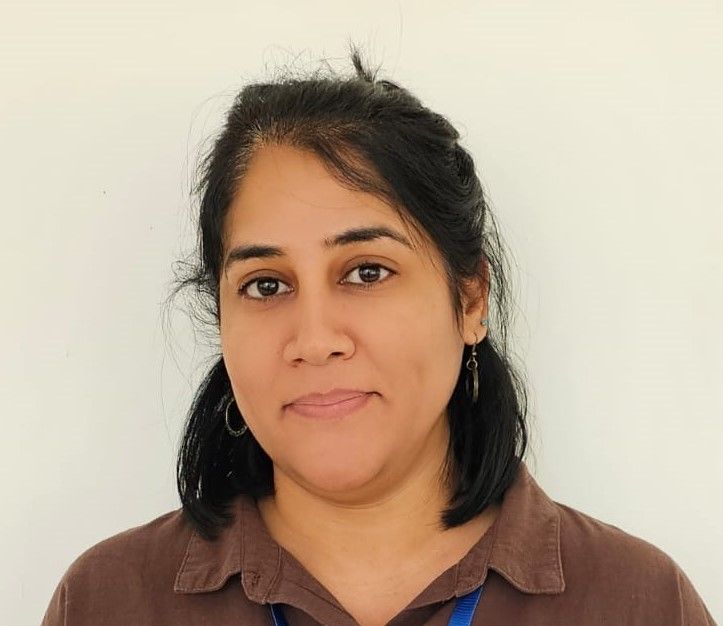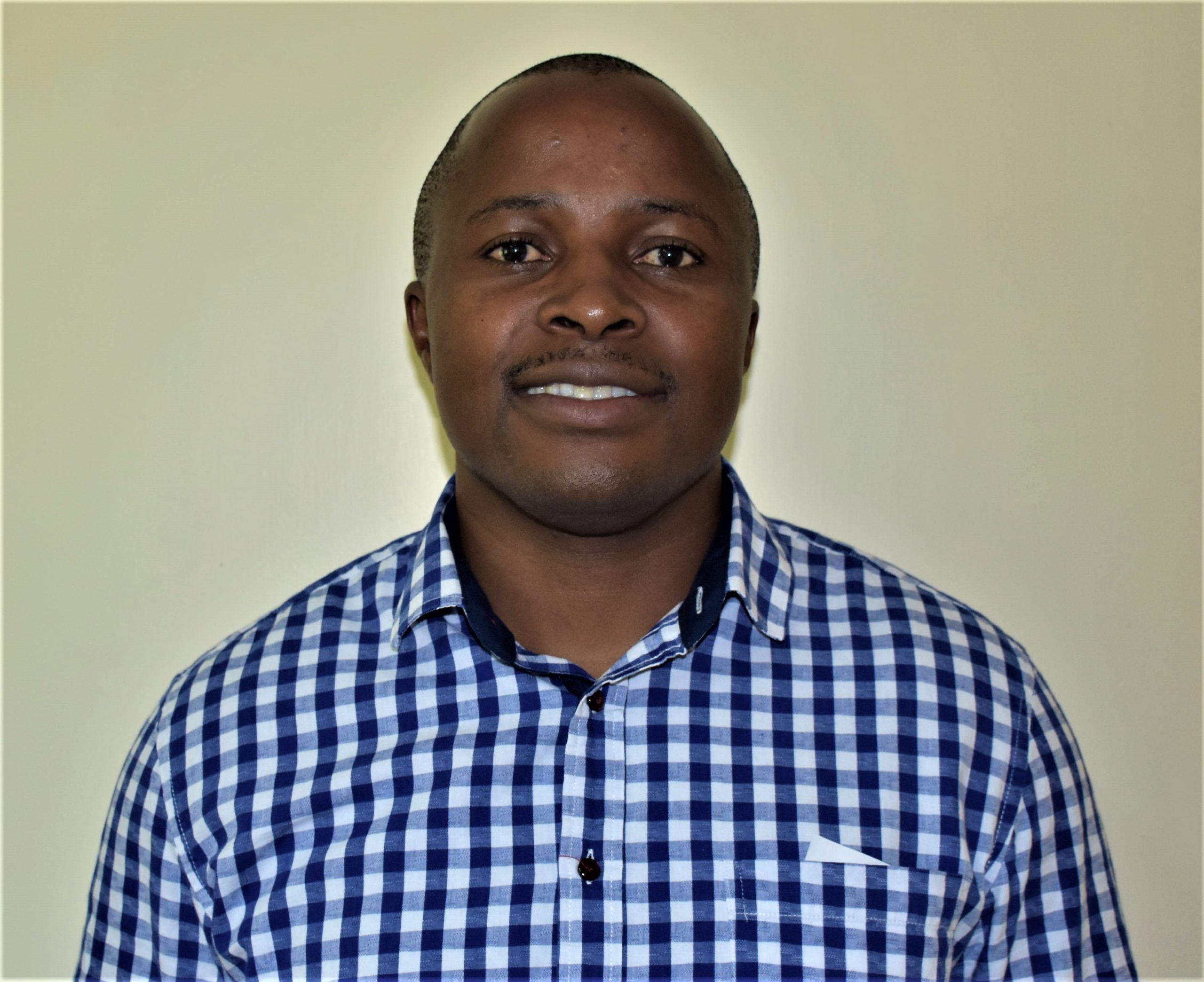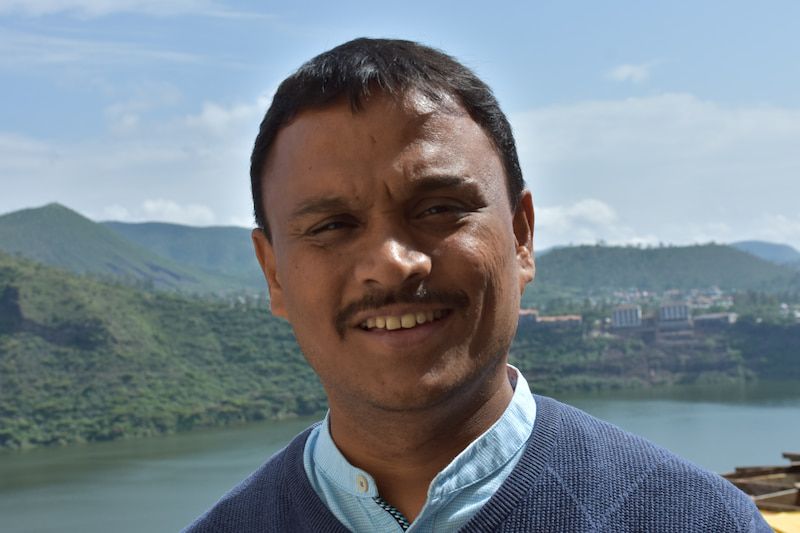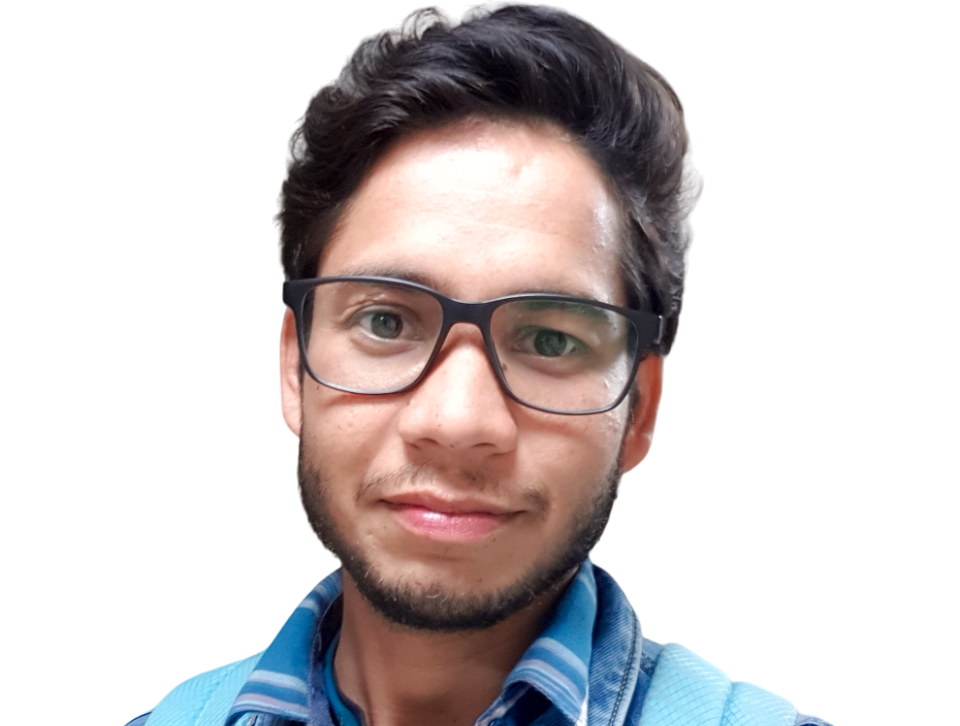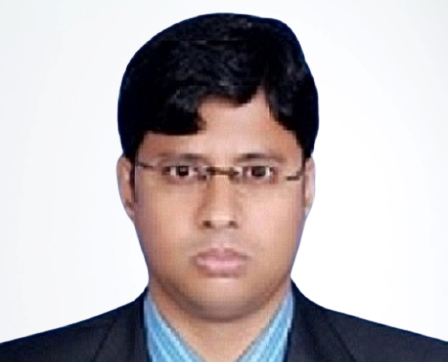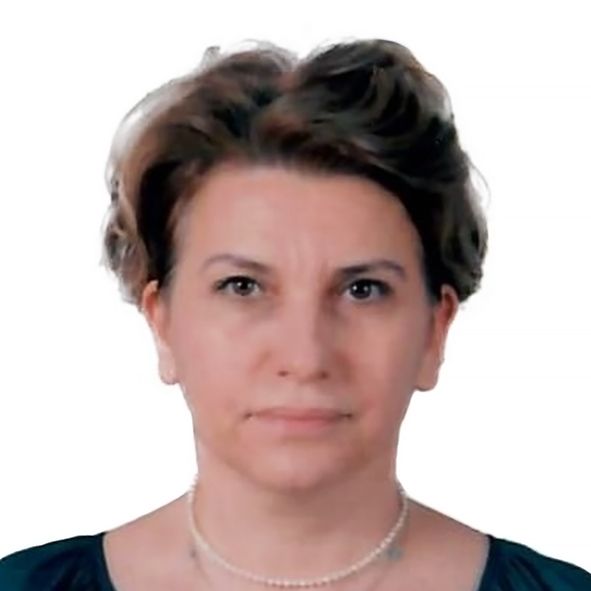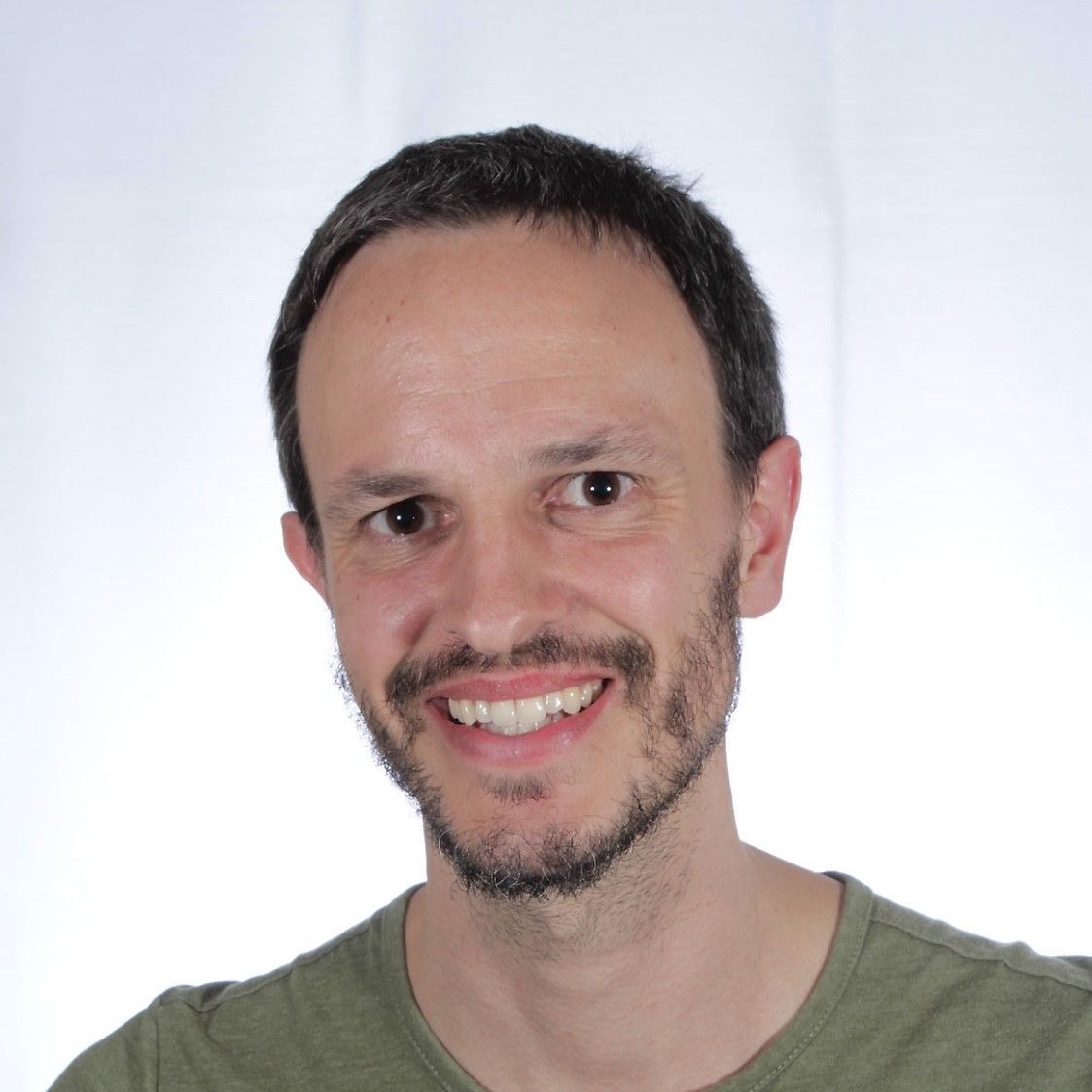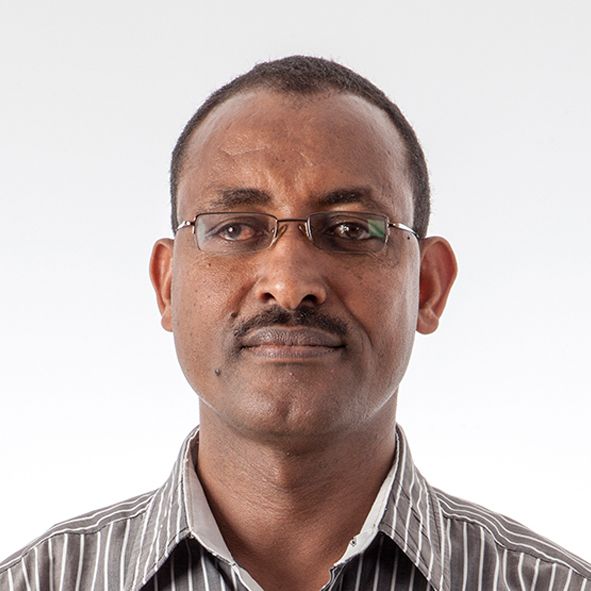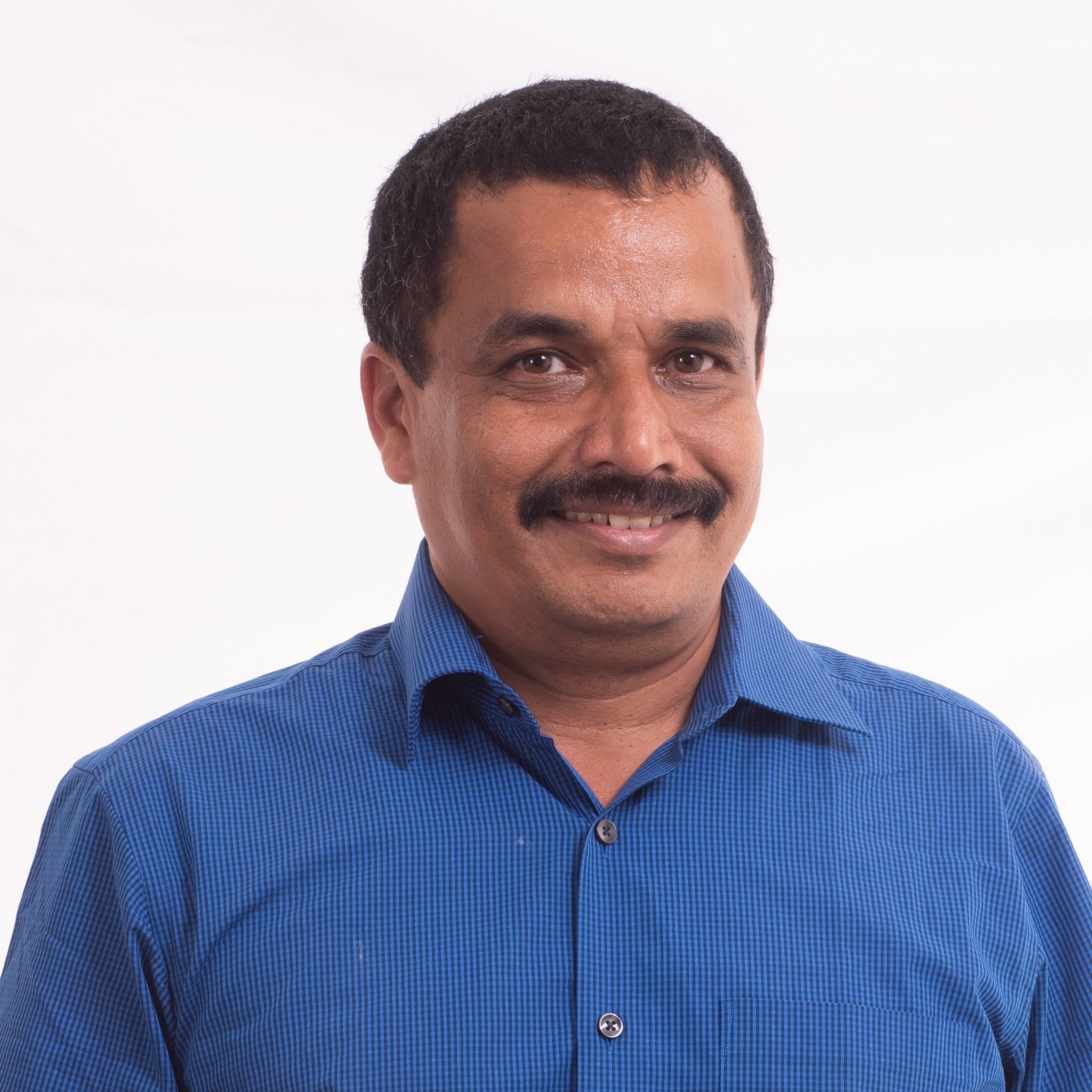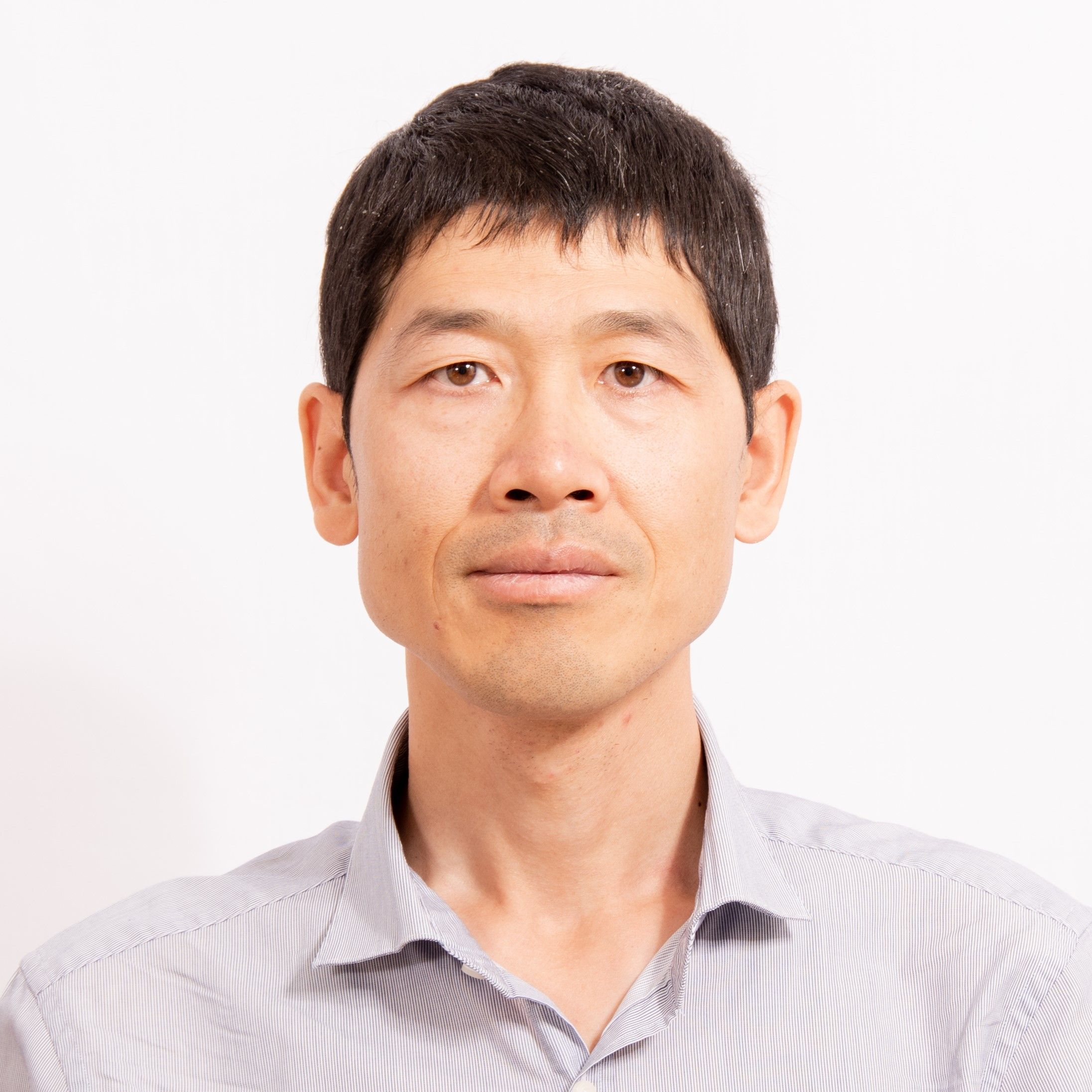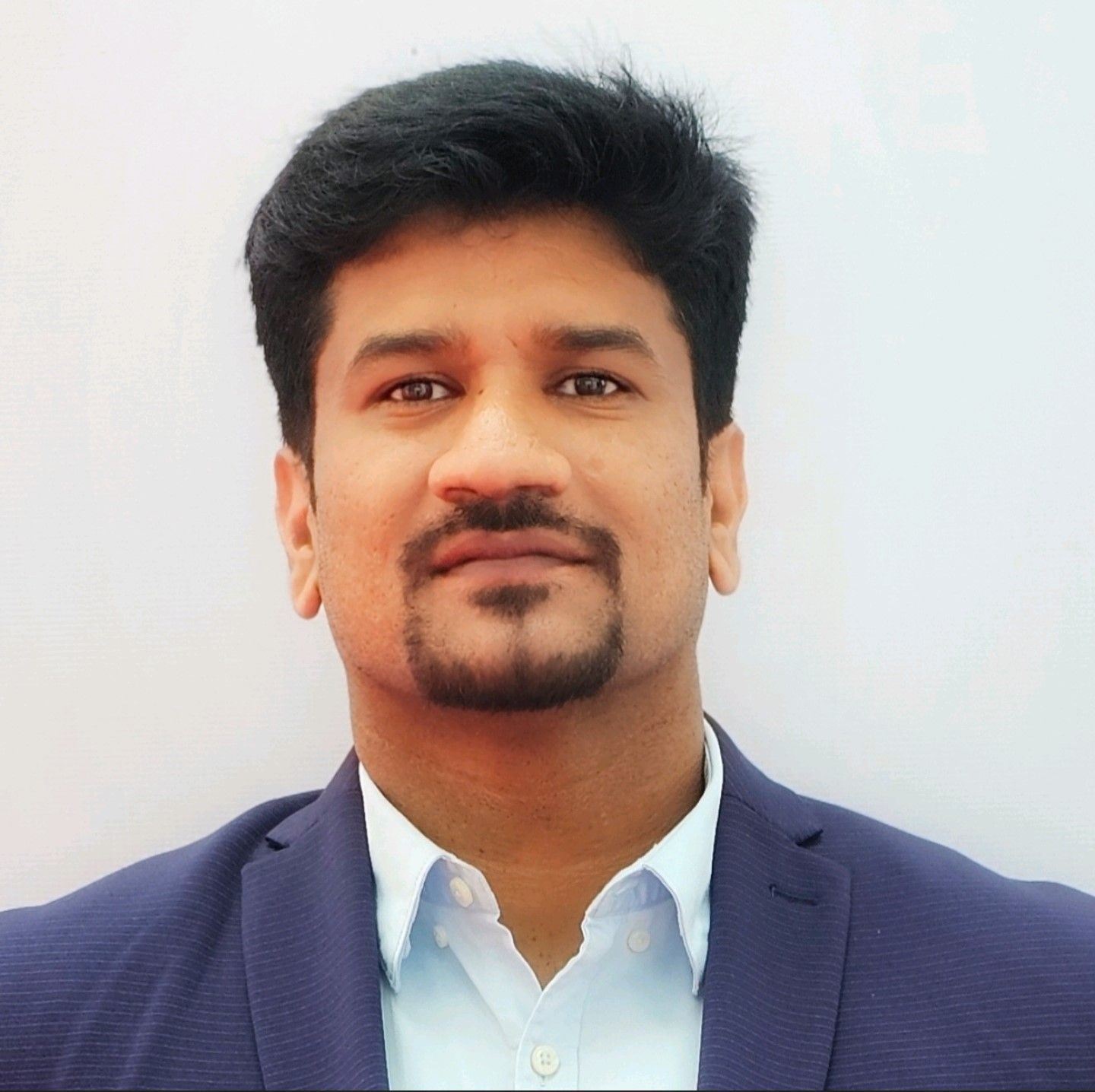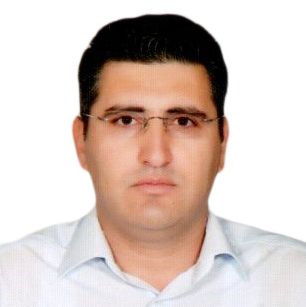Naeela Qureshi
Naeela Qureshi is a wheat rust pathologist and molecular geneticist at CIMMYT in Mexico, facilitating extensive research on wheat rust in Mexico and Kenya. Her role is critical in supporting the breeding and physiology teams of CIMMYT’s Global Wheat Program. She also focuses on unraveling the genetic components of rust resistance through Quantitative Trait Loci (QTL) mapping. Naeela uses advanced bi-parental recombinant inbred line (RIL) populations and develops molecular markers linked to rust resistance genes and QTL to improve marker-assisted breeding strategies.
Previously, Naeela was a Research Scientist-Molecular Genetics at Agriculture Victoria Research, Australia, specializing in next-generation sequencing (NGS) technologies such as targeted genotyping by sequencing (tGBS), RNA sequencing, and amplicon resequencing across diverse genetic populations and lines. She received her Ph.D. from the University of Sydney, Australia.
